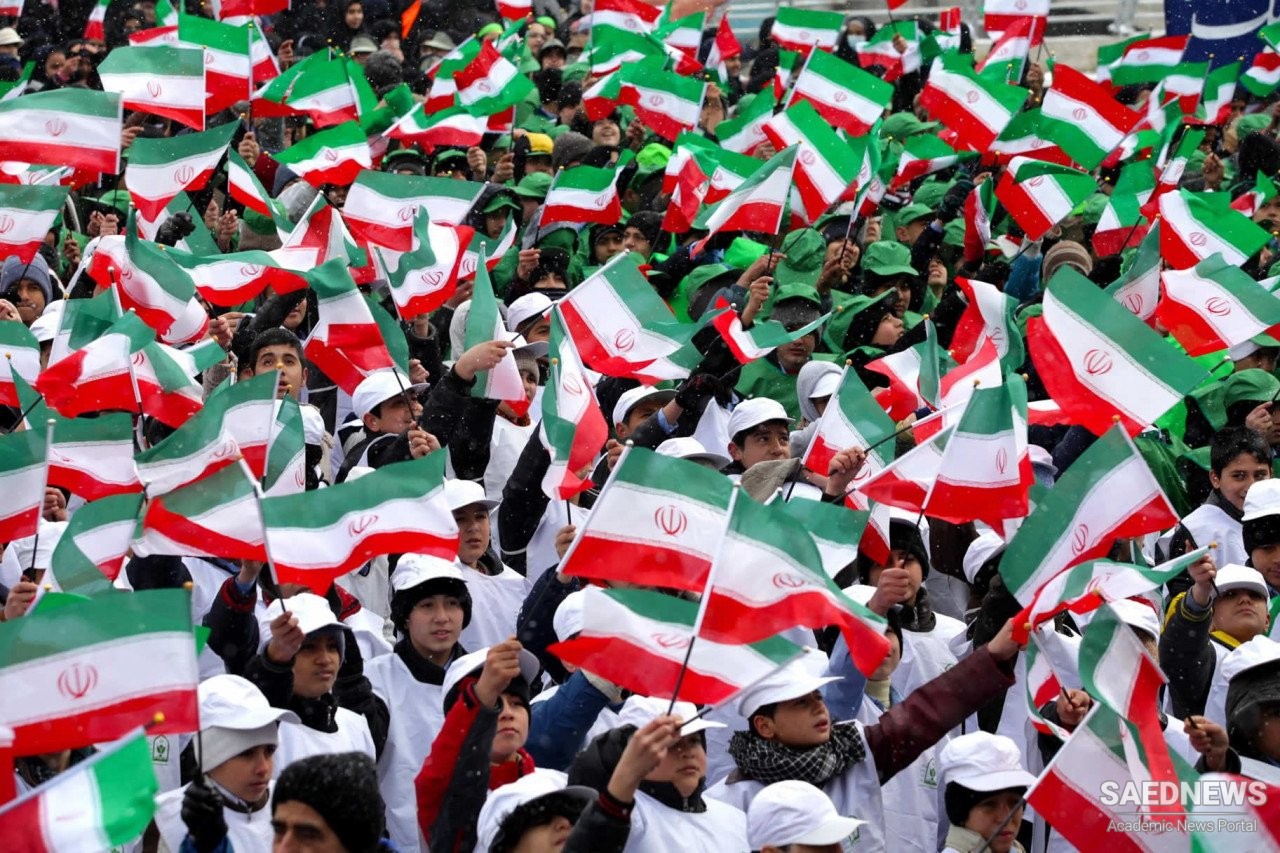If the ruler is unacquainted with the contents of the law, he is not fit to rule; for if he follows the legal pronouncements of others his power to govern will be impaired, but if, on the other hand, he does not follow such guidance, he will be unable to rule correctly and implement the laws of Islam. It is an established principle that “the faqīh has authority over the ruler.” If the ruler adheres to Islam, he must necessarily submit to the faqīh, asking him about the laws and ordinances of Islam in order to implement them. This being the case, the true rulers are the fuqahā11 themselves, and rulership ought officially to be theirs, to apply to them, not to those who are obliged to follow the guidance of the fuqahā on account of their own ignorance of the law.
Of course, it is not necessary for all officials, provincial governors, and administrators to know all the laws of Islam and be fuqahā; it is enough that they should know the laws pertaining to their functions and duties. Such was the case in the time of the Prophet (s), and the Commander of the Faithful (‘a). The highest authority must possess the two qualities mentioned as comprehensive knowledge and justice—but his assistants, officials and those sent to the provinces need know only the laws relevant to their own tasks; on other matters they must consult the ruler.
The ruler must also possess excellence in morals and belief; he must be just and untainted by major sins. Anyone who wishes to enact the penalties provided by Islam (i.e., to implement the penal code), to supervise the public treasury and the income and expenditures of the state, and to have God assign to him the power to administer the affairs of His creatures must not be a sinner. God says in the Qur’an: “my vow does not embrace the wrongdoer” (2:124); therefore, He will not assign such functions to an oppressor or sinner. If the ruler is not just in granting the Muslims their rights, he will not conduct himself equitably in levying taxes and spending them correctly and in implementing the penal code. It becomes possible then for his assistants, helpers, and confidants to impose their will on society, diverting the public treasury to personal and frivolous use.
Thus, the view of the Shī‘ah concerning government and the nature of the persons who should assume rule was clear from the time following the death of the Prophet (s) down to the beginning of the Occultation. It is specified that the ruler should be foremost in knowledge of the laws and ordinances of Islam, and just in their implementation. Now that we are in the time of the Occultation of the Imām (‘a), it is still necessary that the ordinances of Islam relating to government be preserved and maintained, and that anarchy be prevented. Therefore, the establishment of government is still a necessity.
Reason also dictates that we establish a government in order to be able to ward off aggression and to defend the honor of the Muslims in case of attack. The sharī‘ah, for its part, instructs us to be constantly ready to defend ourselves against those who wish to attack us. Government, with its judicial and executive organs, is also necessary to prevent individuals from encroaching on each other’s rights. None of these purposes can be fulfilled by themselves; it is necessary for a government to be established. Since the establishment of a government and the administration of society necessitate, in turn, a budget and taxation, the Sacred Legislator has specified the nature of the budget and the taxes that are to be levied, such as kharāj, khums, zakāt, and so forth.


 Islamic Governance, Prosperous Society and a Fairer World
Islamic Governance, Prosperous Society and a Fairer World














































